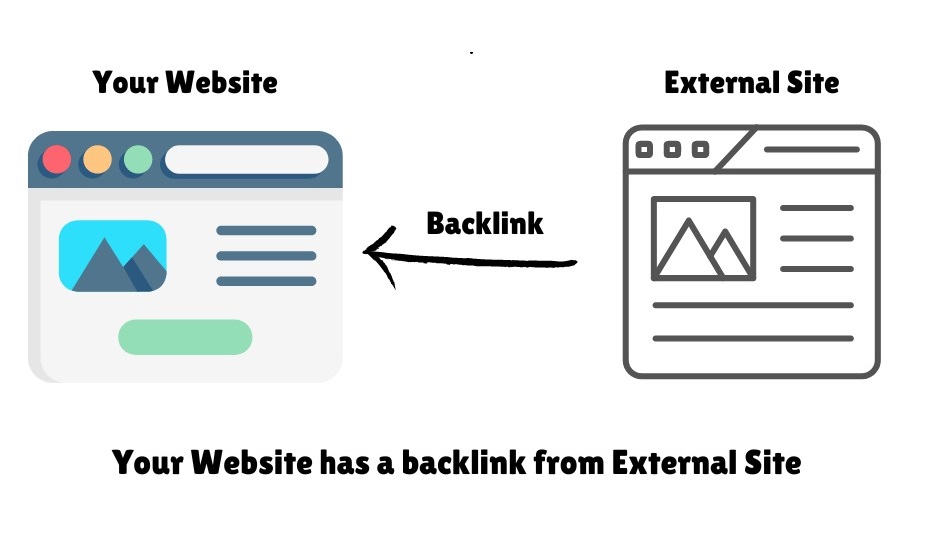The Legal Content Conundrum
Let’s be real: when your agency lands a law firm client, the excitement of a new account can quickly turn into a content creation nightmare. As someone with a foot in both worlds – having graduated from law school but making a career in legal content marketing – I’ve seen this scenario play out countless times.
Your writers, brilliant as they may be with most of your clients, suddenly hit a wall. That blog post about personal injury claims uses outdated statutes of limitations. The family law practice page accidentally implies guaranteed outcomes. And that estate planning guide? It’s technically accurate but reads like it was written for law school professors, not actual humans seeking help.
By the way, none of this is good – either for potential clients or SEO.
What began as a promising client relationship now has you scrambling to find specialized talent or spending late nights editing content you’re not entirely confident about.
But there’s a solution that more agencies are discovering: white-labeling legal content from specialists from niche content marketing agencies like Lexicon Legal Content.
Why Legal Content Requires Specialized Knowledge

Before diving into how white-labeling works, let’s acknowledge why legal content is uniquely challenging:
Compliance landmines are everywhere
Each state bar has specific advertising rules—what’s compliant in California might trigger ethics concerns in Florida. Getting it wrong doesn’t just mean unhappy clients; it potentially exposes your clients to regulatory issues.
Legal accuracy is critical
Unlike content about lifestyle products where creative liberties are expected, legal content must be precisely accurate. The difference between “may” and “will” isn’t semantic—it’s often the line between ethical marketing and a potential bar complaint.
Additionally, in the legal field, it’s extremely important that law firm content demonstrates experience, expertise, authority, and trust – with trust being the most important of these factors. If a law firm’s content is inaccurate, it can lead to significant SEO penalties for the entire site.
The expertise paradox is real
Attorneys want content that demonstrates sophisticated legal knowledge while remaining accessible to potential clients who lack legal training. This balancing act requires deep subject matter expertise combined with strong marketing sensibilities.
In our work supporting other marketing agencies, we’ve found that a significant amount of general content created for law firms contains either technical inaccuracies or compliance issues that could create problems down the line.
White-Labeling: The Strategic Solution
White-labeling legal content allows your agency to deliver specialized expertise to your law firm clients without the overhead of building that expertise in-house.
Here’s how it typically works:
- Your agency maintains the client relationship and strategy
- You partner with legal content specialists for creation
- The content is delivered under your agency’s brand
- Your client gets superior results without knowing multiple vendors are involved
For most agencies, this approach offers the best of both worlds: the ability to serve legal clients profitably without the risk and resource drain of developing legal expertise internally.
Pricing Models That Preserve Your Margins
One of the main concerns agencies have about white-labeling is profitability. How do you price specialized content while maintaining healthy margins?
In our experience, the most successful approach isn’t markup-based but value-based:
Bundle content with strategy and distribution. Rather than selling “blog posts” or “practice area pages,” sell comprehensive content marketing programs where specialized content is one component of your overall service.
Create tiered offerings with different content cadences. A basic package might include two specialized pieces monthly, while premium tiers offer weekly content. This allows you to scale the specialized component based on client budget.
Position legal specialization as a premium value-add. Agencies we work with typically achieve 35-50% margins on white-labeled legal content by properly positioning the specialized expertise as a premium offering worth paying for.
Making It Seamless: Integration with Your Workflow
The operational challenge of adding outside specialists to your workflow is valid. At Lexicon Legal Content, we’ve been white labeling our content creation services for more than a decade, and we’ve had clients ordering well over 1 million words per month. In other words, we know how to work with agencies at scale and are able to integrate into your existing workflow.
That said, over the years, we’ve developed some best practices that seem to work for agencies of any size:
- Create standardized briefs that capture client needs. Develop a template that efficiently communicates the client’s practice areas, target audience, and strategic goals to your legal content partner.
- Establish clear revision protocols. Lawyers can be picky clients. Develop SOPs for getting feedback and having your content partner implement them.
- Maintain a single point of contact. Assign someone from your team to manage the white-label relationship, ensuring consistency and protecting the client relationship.
One agency we support uses a simple Notion template to brief us on each project—capturing client information, strategic direction, and technical requirements in under 10 minutes of their team’s time.
Finding the Right While Label Legal Content Partner
Not all legal content providers are created equal. When evaluating potential partners, look for:
- Legal credentials and experience. Ideally, content should be created or reviewed by individuals with legal training in relevant practice areas.
- Marketing orientation. Pure legal knowledge isn’t enough—the content must drive business results through appropriate calls to action and conversion focus.
- White-label experience. Partners should understand agency relationships and be committed to supporting your client relationships rather than trying to circumvent them.
- Capacity alignment. Ensure your partner can scale with your needs as your legal client roster grows.
The Competitive Edge of Specialized Expertise
In an increasingly competitive agency landscape, specialized capabilities create meaningful differentiation. The ability to effectively serve law firm clients—who typically have larger marketing budgets and longer retention than many other industries—can transform your agency’s growth trajectory.
White-labeling legal content allows you to develop this specialization without the years of investment typically required to build it organically.
Looking to White-Label Your Law Firm Content? Contact Us Today
Looking to white-label your law firm content? Our team of legal content specialists can deliver the expertise your agency needs. Contact us today to learn how we can help you serve your law firm clients better.
About the Author: David Arato, JD, is the founder of Lexicon Legal Content, a specialized agency supporting both law firms and marketing agencies with expertise-driven content. His team includes former practicing attorneys across multiple practice areas who now exclusively create marketing content for the legal industry.







